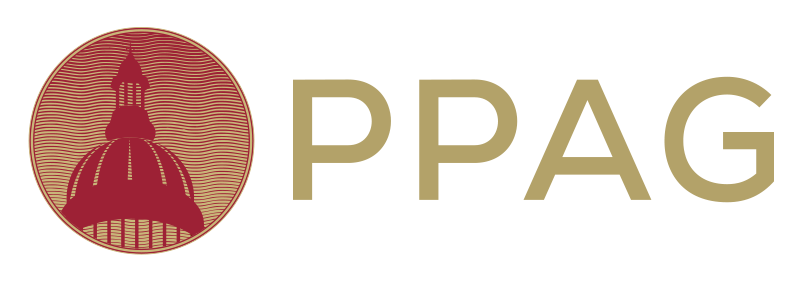Reprinted from SiGMA, a leading platform for iGaming, betting & esports industries. With a well-earned reputation for networking events.
Naomi Day sat down with Bill Pascrell, III, Esq., affectionately known in the gaming industry as BP3, to explore his 30-year journey in gaming, the US regulatory landscape, and the ethical responsibilities shaping the future of iGaming.
\ The long game
As a lawyer, regulatory expert, and partner at Princeton Public Affairs Group, Bill Pascrell has spent more than three decades in the political trenches of gaming, advising governors, guiding operators, and shaping landmark legislation that defined the U.S. online gambling market.
From horse racing to lotteries, predictive markets to iGaming, his career has mirrored the industry’s transformation. In 2009, PokerStars founder Isai Scheinberg approached him after years of fruitless lobbying. “He’d been spending $40 million a year lobbying Congress. I said, ‘I’ll make a deal with you. Give me 10% of that $40 million and give me two years. I’ll get you an iGaming bill done.’ By 2011, we passed the bill and launched 18 months later. The rest is history.”
It wasn’t without sacrifice. “When I got hired by PokerStars, every land-based casino client I had fired me. I lost millions. But I believed in what I was doing. It was David against Goliath, and we got it done.”
\ Boots on the ground
Despite America’s reputation as a gaming powerhouse, Pascrell stresses that the digital market is still emerging. “The U.S. gaming market, which is very mature in terms of land-based and retail, is in its infancy in terms of digital online.” Sports betting may be accelerating, but he believes iGaming still faces a long road. “The top states like Texas and California aren’t moving anytime soon,” he says, citing political hurdles and tribal interests.
Pascrell warns that one of the biggest hurdles is awareness. “Most politicians don’t understand that in their state, where there’s no iGaming yet authorised, people are betting online. They’re just doing it on the black market.”
The key, he argues, is stronger advocacy. “The industry has an incredibly powerful story to tell, but nobody is telling it. iGaming creates jobs. It creates taxes. It helps penetrate the black market.”
However, getting that message across has to go further than sending emails or scheduling calls, “You cannot lobby virtually. If you do that, you’ve failed from the jump,” he insists. “Get your messaging down, be sincere, be passionate. Muster up some supporting documentation, knock on the doors and be persistent. Talk to people face to face, respect them.” He also emphasises the importance of results, “Ask your lobbyist what they’ve accomplished in gaming. If they haven’t achieved anything, they’re not adding value.” In Pascrell’s view, progress in iGaming isn’t won in Zoom calls or policy papers. It’s earned in person through one handshake, one conversation and one legislator at a time.
\ Integrity as currency
For Pascrell, success in gaming depends on ethics above all. “Ethics and integrity are the result of the leadership of each organisation. You do not produce ethics and integrity by regulators producing strict laws because if you’re not ethical and if you have no integrity, you’ll find the way around any rule or law”
He applauds operators investing in real-time integrity monitoring and responsible gaming tools. “Because you know what most people think? Well, if there’s one corrupt politician, they’re probably all corrupt. So unless you address it in a strict way, I don’t believe there’s any room for ethical breaches”
Pascrell’s commitment to ethics goes beyond compliance, “I was invited by the University of Faulkner to attend a debate at their university in Montgomery, Alabama. I debated the biblical dean of the school on the ethics of gambling. There is no reference in the Bible that says gambling is a sin or immoral. If it’s handled properly and responsibly, I think it’s fine. Where it gets immoral is when it gets to irresponsible gambling, problem gambling, gambling addiction”
This distinction underscores a broader principle for the industry. That integrity and responsibility must come from within. Operators cannot rely solely on regulators to define ethical behaviour. Fostering a culture of accountability and responsible play is essential to sustaining both trust and long-term growth.
\ The next level
As a mentor and father of four, Pascrell is acutely aware of the pressures facing young professionals. “Timeless skills matter more than ever; writing, analysis, critical thinking. And work ethic,” essentials in an industry of rapid growth and complex regulations.
Even with hurdles ahead, Pascrell is optimistic about the future of iGaming. “The American market is evolving, and the companies that succeed will be those that combine strategy, integrity, and adaptability,” he says. His advice resonates across generations: tell your story, be ethical, engage your lobbyists wisely and stay committed to the work that truly moves the industry forward.



